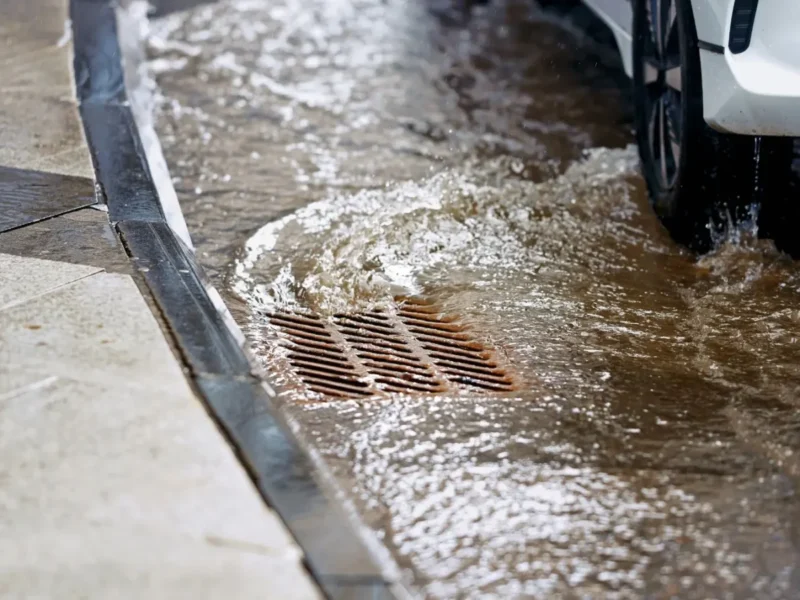Your monthly update on legislation, guidance, interesting news articles, and webinars from the environmental sector.
Guidance
Using drop-in fuels in combustion plants in place of gas oil: RPS 337
This Regulatory Position Statement (RPS) applies to combustion plants in England which are allowed to burn gas oil as a fuel under Environmental Permitting Regulations but wish to use alternative drop-in fuels.
This RPS does not change your legal requirements to comply with your environmental permit when you operate a combustion plant to which Environmental Permitting Regulations apply.
The Environment Agency (EA) will not normally take enforcement action against you if you do not comply with this legal requirement provided that:
- Your activity meets the description set out in this RPS.
- You comply with the conditions set out in this RPS.
- Your activity must not cause (or be likely to cause) pollution of the environment or harm to human health.
You must comply with the following conditions:
- Hold an environmental permit that allows the combustion of gas oil,
- Confirm with the original equipment manufacturer that the drop-in fuel is suitable for use in your combustion plant.
- Comply with relevant emission limits and fuel specification in your permit.
- Notify the EA before you use this RPS by contacting your local Regulatory Officer.
- Only combust Hydrotreated Vegetable Oil (HVO) that meets EN15940.
- Keep records for two years from the date of the last use of the RPS to show that you have complied with this RPS and make these records available to the EA on request.
The EA will amend environmental permits over time to allow the use of drop-in fuels within needing an RPS.
Replacing fossil fuels may affect your reporting requirements under the United Kingdom (UK) Emissions Trading Scheme (ETS). Check with your ETS regulator.
HVO may be partially manufactured from palm oil. You should check that the HVO supply source meets your company’s sustainability criteria.
The EA intends to review this RPS by 4th July 2028 and can withdraw or amend the RPS before the review date if they consider it necessary. This includes where the activity that his RPS relates to has not changed.
You will need to check back from time to time, including at and before the review date, to see if this RPS still applies.
This RPS remains in force until it is removed the GOV.UK or is otherwise identified as having been withdrawn.
You can subscribe to email updates about this RPS . These will tell you if the RPS has changed and when it has been withdrawn.
If you have any questions about this RPS email enquiries@environment-agency.gov.uk with RPS 337 in the subject.
Source: GOV.UK
For the full guidance, click here.
Burning dunnage under a Plant Health Notice: RPS 342
This RPS applies to the burning of wood or plant issue dunnage at the place where goods are first unpacked. This may not necessarily be at the port, but where the goods are delivered.
This RPS does not change your legal requirement to have an environmental permit for burning of dunnage under a Plant Health Notice at the place the goods were delivered.
Dunnage is wood or plant tissue which is used to wedge or support parts of cargo, including being used as packing, spacers and pallets.
Storing securely means members of the public cannot gain access to it. This RPS relates to a waste activity that the EA considers is potentially suitable to be an exemption under the Environmental Permitting (England and Wales) Regulations 2016. A change in the law would be required for this.
The D8 waste exemption allows the burning of dunnage at a port under a Plant Health Notice.
The EA will not normally take enforcement action against you if you do not comply with the legal requirement provided the following:
- Your activity meets the description set out in this RPS.
- You comply with the conditions set out in this RPS.
- Your activity must not cause (or be likely to cause) pollution of the environment or harm to human health, and must not:
- cause a risk to water, air, soil, plants or animals,
- cause a nuisance through noise or odours,
- adversely affect the countryside or places of special interest.
You must comply with the following conditions:
- Only burn dunnage under a Plant Health Notice.
- Only burn plant tissue or wooden dunnage.
- Burn dunnage as soon as possible ager you have removed the product from its packaging.
- Store the dunnage securely before burning.
- Store the dunnage under a cover before you burn it so this it does not get wet.
- Burn less than 10 tonnes of dunnage in any 24-hours period.
The EA will review this RSP by 1st April 2028 and can withdraw or amend the RPS before the review date if they consider it necessary. This includes where the activity that this RPS relates to has not changed.
This RPS remains in force until it is removed the GOV.UK or is otherwise identified as having been withdrawn.
You will need to check back from time to time, including at and before the review date, to see if this RPS still applies.
You can subscribe to email updates about this RPS . These will tell you if the RPS has changed and when it has been withdrawn.
RPS 342 replaces the Low-Risk Waste Position (LRWP) LRWP 74 which was withdrawn on 2nd July 2025.
Source: GOV.UK
To read the full guidance, click here.
Storing and dismantling waste domestic gas meters: RPS 338
This RPS applies to the storage and dismantling of non-Waste Electrical and Electronic Equipment (WEEE) gas meters only.
In this RPS, ‘non-WEEE waste domestic gas meters’ means a domestic gas meter that does not rely on electricity to function.
This RPS relates to an activity that the EA considers is potentially suitable to be an exemption under the Environmental Permitting (England and Wales) Regulations 2016.
This RPS does not change your legal requirement to have an environmental permit for a waste operation. This applies to when you store and dismantle waste domestic gas meters which are not classified as WEEE.
The EA will not normally take enforcement action against you if you do not comply with the legal requirement provided the following:
- Your activity meets the description set out in this RPS.
- You comply with the conditions set out in this RPS.
- Your activity must not cause (or be likely to cause) pollution of the environment or harm to human health, and must not:
- cause a risk to water, air, soil, plants or animals,
- cause a nuisance through noise or odours,
- adversely affect the countryside or places of special interest.
You must comply with the following conditions:
- Only store and dismantle non-WEEE domestic gas meters with waste code 20 01 21, 20 01 35, or 20 01 36.
- Store and dismantle non-WEEE gas meters inside a building with an impermeable site surface and sealed drainage system.
- Store the waste in containers that are fully enclosed and leak-proof.
- Deliver the dismantled mercury containing waste parts to a suitably permitted site.
- Keep records for three years from the date of the last use of the RPS to show that you have complied with this RPS and make these records available to the Environment Agency on request.
You must not:
- store or dismantle any WEEE waste domestic gas meters,
- store more than 5,000 waste domestic gas meters at any one time,
- dismantle more than 12,000 waste domestic gas meters per week,
- store waste for more than 6 months.
The EA intends to review this RPS by 1st April 2028 and can withdraw or amend the RPS before the review date if they consider it necessary. This includes where the activity that this RPS relates to has not changed.
You will need to check back from time to time, including at and before the review date, to see if this RPS still applies.
This RPS remains in force until it is removed the GOV.UK or is otherwise identified as having been withdrawn.
You can subscribe to email updates about this RPS . These will tell you if the RPS has changed and when it has been withdrawn.
This RPS replaces LRWP 11 for the storing and dismantling of waste domestic gas meters, which has been withdrawn.
Source: GOV.UK
For the full guidance, click here.
Exceeding waste storage limits at permitted sites: RPS 352
This RPS applies to the temporary storage of the following wastes in quantities that exceed the limits in your environmental permit:
- baled and securely wrapped Refuse Derived Fuel (RDF) (19 12 10),
- mixed municipal waste (20 03 01),
- waste wood destined for incineration (19 12 07 and 20 10 28).
This RPS only applies in circumstances set out in this RPS and where the EA has agreed to this in writing.
This RPS does not change your legal requirements to comply with your environmental permit.
However, the EA will not normally take enforcement action against you if you do not comply with this legal requirement provided that:
- Your activity meets the description set out in this RPS.
- You comply with the conditions set out in this RPS.
- Your activity must not cause (or be likely to cause) pollution of the environment or harm to human health, and must not:
- cause a risk to water, air, soil, plants or animals,
- cause a nuisance through noise or odours,
- adversely affect the countryside or places of special interest.
The circumstances this RPS applies is when extra pressure is placed on waste storage capacity and there is demonstrably no reasonable contingency capacity elsewhere because of the following:
- unplanned downtime at energy from waste incineration plants or biomass plants,
- unplanned arisings of waste, for example, the accumulation of waste caused by waste collection strike action.
The conditions you must comply with include the following:
- Have evidence that the outlet for your waste is temporarily restricted and that you have sought an alternative disposal or recovery route for the waste.
- Store waste wood in its largest form prior to shredding.
- Store RDF baled and wrapped, and waste wood on an impermeable surface with sealed drainage within the permitted boundary.
- Only store mixed municipal waste and loose RDF in an enclosed building or sealed container on an impermeable surface with sealed drainage with the permitted boundary.
- Carry out daily checks for odour, pests, dust and litter.
- Have the EA’s agreement in writing before you use this RPS.
- Keep records for two years from the date of the last use of the RPS to show that you have complied with this RPS and make these records available to the EA on request.
The EA will review this RPS by 30th September 2025 and can withdraw or amend the RPS before the review date if they consider it necessary. This includes where the activity that this RPS relates to has not changed.
You will need to check back from time to time, including at and before the review date, to see if this RPS still applies.
This RPS remains in force until it is removed the GOV.UK or is otherwise identified as having been withdrawn.
You can subscribe to email updates about this RPS . These will tell you if the RPS has changed and when it has been withdrawn.
Source: GOV.UK
For the full guidance, click here.
Waste Exemptions
T21 exemption: recovering waste at a wastewater treatment works
T21 exemption allows you to recover wastes such as sewage grits, screening and sewage sludge at a wastewater treatment works.
This exemption was first published on 28th April 2014 and has been updated to provide information about charges and charging bands for waste exemptions.
This exemption is in band 1. Read the waste exemption charges to find out what the charges and charging bands are.
Source: GOV.UK
For the full guidance, click here.
S1 exemption: storing waste in secure containers
S1 waste exemption allows you to store certain waste in secure containers at a site separate to where it was produced, before transporting it to another site for recovery.
This exemption was first published on 2nd April 2014 and has been updated to provide information about charges and charging bands for waste exemptions.
This exemption is in band 1. Read the waste exemption charges to find out what the charges and charging bands are.
Source: GOV.UK
For the full guidance, click here.
S3 exemption: storing sludge
S3 waste exemption allows you to store sewage sludge at a site where it will be used in accordance with the Sludge (Use in Agriculture) Regulations 1989.
This exemption was first published on 28th April 2014 and has been updated to provide new guidance about waste exemption charges and charging bands.
This exemption is in band 2. Read the waste exemption charges to find out what the charges and charging bands are.
Source: GOV.UK
For the full guidance, click here.
T6 exemption: treating waste wood and plant matter
T6 exemption allows you to chip, shred, pulverise or cut waste wood and plant matter to make it suitable for a specific purpose.
This exemption was first published on 28th April 2014 and has been updated to provide new guidance about waste exemption charges and charging bands.
This exemption is in band 1. Read the waste exemption charges to find out what the charges and charging bands are.
Source: GOV.UK
For the full guidance, click here.
D1 exemption: depositing waste from dredging inland waters
This exemption covers where to deposit non-hazardous dredging spoil, how to treat it and the quantities allowed under the D1 waste exemption. This exemption was first published on 12th September 2019 and has been updated to provide new guidance about waste exemption charges and charging bands.
This exemption is in band 2. Read the waste exemption charges to find out what the charges and charging bands are.
Source: GOV.UK
For the full guidance, click here.
Extended Producer Responsibility for Packaging: 2025 base fees
This document, published on 27th June 2025, provides the base fees for year 1 (2025 to 2026) of the Extended Producer Responsibility (EPR) for packaging scheme. It relates to fee that would be charged to liable packaging producers by PackUK (the Scheme Administrator). The fees paid by producers will cover PackUK costs and provide local authorities with additional income to cover the cost of recycling and disposal of waste packaging materials.
The fees do not cover the following:
- Registration fees and charges paid to the EA, the Scottish Environment Protection Agency (SEPA), the Northern Ireland Environment Agency (NIEA), and Natural Resources Wales (NRW).
- Costs associated with meeting packaging recycling targets, e.g. through the purchase of Packaging Waste Recycling Notes.
This document was issued by PackUK as the Scheme Administrator for the four nation scheme.
Source: GOV.UK
For the full document. click here.
Control and monitoring emissions for your environmental permit
This guidance was originally published on 1st February 2016. The Emission Management Plan (EMP) for dust section has been updated to show a reduced requirements to produce a Dust Emissions Management Plan (DEMP) from within two kilometres (km) of an Air quality Management Area (AQMA) to 1km.
Source: GOV.UK
For the full guidance, click here.
Articles
New drainage standards tackle pollution in England’s communities
Developers are being encouraged to reduce pollution, protect communities from flooding, and benefit nature, as part of the government’s ambition to build 1.5 million homes.
The government is updating the national standards for Sustainable Drainage Systems (SuDS), for the first time in a decade, in a move to tackle water pollution and protect communities from flooding.
The new standards are welcomed by the construction industry and will give developers clearer guidance on how to create rainwater management systems that mimic the natural environment and deliver better outcomes.
Suggested features include spaces designed to collect and filter rainwater, which will relieve pressure on our crumbling sewage system, and prevent pollution overflowing into our waterways.
The new standards will also encourage design features like green roofs and soakaways. These provide a place for nature to thrive and improve a building’s energy efficiency, reduce energy bills, and bring mental and physical health benefits to communities by expanding access to nature, while supporting wildlife.
Key features of the new standards include:
- Reducing flood rick by actively managing surface water on site.
- Improving water quality before it enters rivers and streams.
- Prioritising solutions that enhance biodiversity and green space.
To support the government’s ‘Plan for Change’, the updated standards are aligned with the ‘National Planning Policy Framework’ and will complement wider planning reforms which will take place later this year. Developers are encouraged to innovate and demonstrate how their systems meet the outcomes, rather than follow a one-size-fits all checklist.
Source: GOV.UK
For the full article, click here.
Oldbury turbine hall free of electrical hazards
A complex decommissioning project to cut over 750 electrical cables to isolate Oldbury site’s turbine hall power supply has been safely completed.
Pioneering innovation has enabled a team to cut 356 electrical cables inside the tunnels between the turbine halls and reactor building of the redundant nuclear power station over two weekends and reducing the work time by 91%. This was achieved by disconnecting the site’s entire power supply to remove the risk of cutting through a live cable and the need to trace each cable to its source.
Wider safety measures avoided work near to potential asbestos which eliminated the need for scaffolding and prevented wok in confined spaces or close to degrading assets.
John Alderton, Oldbury Site Director, commented:
“I’m incredibly proud of how everyone collaborated to deliver this project safely and successfully. It’s a great example of how innovation and creative thinking can solve long-standing challenges. By learning from previous cable cutting campaigns and applying those insights to a new strategy, the team has truly transformed the way we work and set a new benchmark for the industry.”
The learning from this innovative method of bulk cable cutting can be applied to any area of decommissioning in the right circumstances. It took 18 months to complete over 2,000 cable cuts in challenging environments and declare the building free of electrical hazards following a period of verification.
Adam Bird, Oldbury Site Senior Project Engineer, said:
“Delivering this solution has been a great challenge that has really stretched our ways of thinking – not only within the team but with others on site too. Now that the turbine hall has been isolated, we are looking forward to commencing bulk asbestos removal, followed by de-planting of the building. The turbine hall, welfare area and administration complex will then be demolished – clearing a four-acre footprint ready for its next use”.
Source: GOV.UK
For the full article, click here.
Officers start digging into hazardous waste soil crime
Hauliers in Devon and Cornwall will be asked for more detail on how they deal with waste soils.
EA officers are contacting hauliers to ensure that the strict rules are complied with, as waste soils can often contain hazardous chemicals that have sometimes ended up being dumped on land or hidden in landscaping or construction projects.
A vast majority of businesses are registered with the EA under a U1 exemption which allows the limited use of specific types and quantities of clean waste material in construction.
However, detailed EA investigations, in partnership with other professional agencies, have revealed recent cases where unscrupulous criminals have attempted to profit by illegally dumping waste and causing environmental harm to their communities.
Sue Smillie of the EA said: “Whilst most hauliers and companies that handle waste soils operate within the laws designed to protect the environment, we have seen a rise in illegal dumping of hazardous soils and construction waste.”
Soil and stone must be characterised in accordance with the waste classification Technical Guidance WM3. If this has not been carried out, the soil and stone must be considered hazardous and cannot be used under a U1 exemption.
Source: GOV.UK
For the full article, click here.
Cura Terrae Services
Rebranding Of Environmental Monitoring Solutions Ltd
Environmental Monitoring Solutions Ltd (EMS Ltd) has officially rebranded as Cura Terrae, effective from 7th July 2025. From this date, all services will be delivered under the Cura Terrae name.
This rebrand signifies the successful completion of our integration into the Cura Terrae group, a key moment in the evolution of our business. The aim is to provide a clearer, more cohesive alignment across the services offered within the Cura Terrae group. As we embrace this new chapter, we remain committed to delivering the same high-quality services you have come to expect.
While our name may be changing, our dedication to industrial wastewater solutions, water flow and quality surveys, smart wastewater solutions and environmental management and compliance support remains unchanged. These areas will continue to be integral to our offering, and clients can expect a seamless experience with no disruption to services.
Key changes:
- The legal entity name will change to Cura Terrae Water Limited.
- Email addresses will transition to the cura-terrae.com domain, with emails to the old addresses automatically forwarded.
- The name on our bank account will change, although the bank details will remain the same.
Other aspects, such as the company registration number, VAT number, registered office, and telephone numbers, will remain unchanged. Our team and service levels will also remain consistent throughout this transition.
About Cura Terrae
The Cura Terrae group is a multidisciplinary environmental group operating across the UK with services including ambient air monitoring, water monitoring, environmental advisory services, emissions testing, occupational hygiene, heritage and archaeology, ecology, environmental assessments and consenting, landscape, arboriculture, and habitats.
With a team of 350 dedicated professionals across 14 sites, Cura Terrae is committed to driving sustainable outcomes and ensuring compliance with environmental standards.
For the full range of services, click here.
Environmental legal compliance support service
As legislation surrounding environmental management becomes more complex, our team of environmental experts can give you peace of mind that your environmental legal responsibilities are being met.
Our service offers:
- A quarterly report, emailed to nominated personnel, containing information on new and amended legislation, as well as news, guidance, consultations, case law, prosecutions and expert commentary.
- A set number of hours of consultancy support delivered in various formats – email, phone, site visit, etc.
- Snapshot environmental audit to review site operations against legal requirements and an associated compliance action plan.
- Quarterly legal register updates on new, amended or revoked legislation which will be made available in easily digestible summaries with explicit commentary on how to maintain compliance.
- Discounts on accredited and non-accredited environmental training courses provided by our practicing environmental consultants.
Our subscription service is available in three different formats: bronze, silver and gold. However, if your business’ requirements do not perfectly align with one of our packages, we can amend the package to meet the needs of your business.
We review and update clients’ existing legal registers quarterly to ensure the legislation remains applicable to their operations. This proactive approach helps clients stay informed about current regulatory requirements and prepared for any pending legislation that may impact their business.
All our environmental consultants have extensive knowledge of various industry sectors and established relationships with regulatory bodies, providing assurance that the advice and guidance you receive is informed and up to date. By utilising our team of experts, your business will experience numerous benefits:
- Maintaining environmental legal compliance and keeping an up-to-date legal register – What is environmental compliance and why is it so important?
- Compliance with Clauses 6.1.3 and 9.1.2 of ISO 14001:2015 (where an accredited Environmental Management System is in place).
- Consistent guidance and support from a dedicated environmental consultant, with access to the Environmental Management Team.
- Continuous environmental improvement and proactive environmental management, leading to potential cost savings due to increased efficiency.
- Knowledge and insight into industry best practice and environmental events (webinars, seminars, expos, etc.).
As practicing environmental consultants, we understand that it is not a one-size-fits-all approach when it comes to maintaining compliance, as each business will have different requirements. To ensure we are meeting the needs of your business, we have aimed to make this service as flexible as possible. If you think this service would better suit your business with one or two adjustments, let us know. For example, some of our existing customers utilise the time allotted for the snapshot environmental audit as extra consultancy support time, to help develop their Environmental Management System, or close-out actions from their own internal environmental audits.
For further information, click here
Events
South West: Environmental Pollution and Disasters
Tuesday 19th August 2025 12:30 PM – 13.30 PM BST Webinar
Join the Institute of Environmental Management and Assessment (IEMA) South West for an engaging webinar on Environmental Pollution and Disasters.
This insightful and practical webinar will explore a series of real-world case studies highlighting failures in environmental management, construction and remediation and what we can learn from them. Attendees will gain a deeper understanding of how environmental risks are identified, mitigated and managed, including the role of environmental insurance plays in this process.
Source: IEMA






